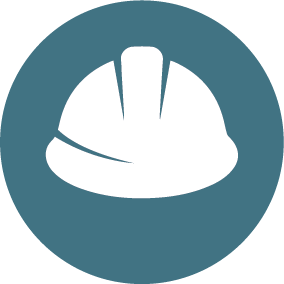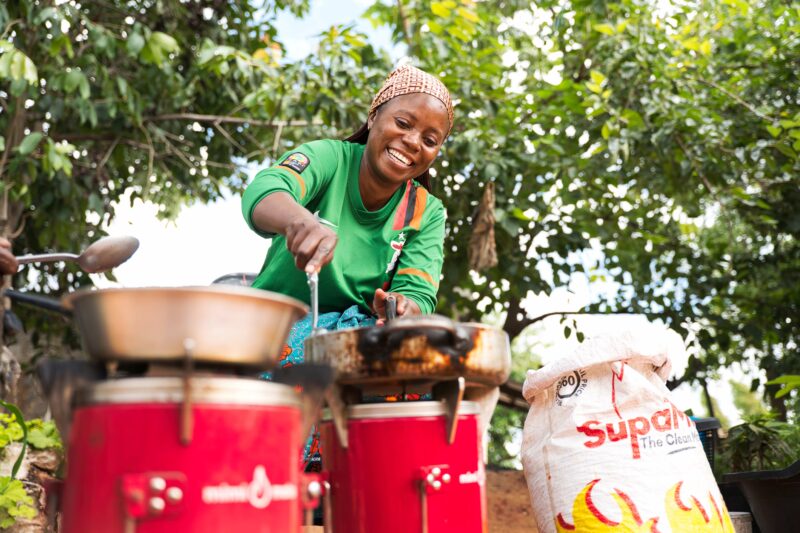24th February 2025
Event highlights partnership opportunities for pioneering infrastructure development in sub-Saharan Africa
30th Sep 2022
Casablanca, Morocco: Yesterday evening, invited guests from Morocco’s business and diplomatic communities came together at the Casablanca Finance Tower for an event hosted by the Private Infrastructure Development Group (PIDG) and InfraCo Africa. Attendees were invited to join in the celebration of PIDG’s 20th Anniversary and had the opportunity to meet with members of the Group’s Board and executive team to discuss the work of PIDG in the sub-Saharan infrastructure sector.
Funded by the governments of the United Kingdom, the Netherlands, Switzerland, Australia, Sweden, Germany and the IFC, PIDG is mandated to mobilise private sector finance into infrastructure projects in frontier markets across sub-Saharan Africa, south and south-east Asia. Over the past twenty years, PIDG has committed $4.8bn to support 190 infrastructure projects to financial close, mobilising $23bn from the private sector and $37.6bn overall. These PIDG-supported projects are expected to provide an estimated 220 million people with access to new or improved infrastructure.
Speaking at the event, PIDG CEO Philippe Valahu said: “It is an honour to be here this evening. PIDG is proud to view Morocco as a gateway for our work across sub-Saharan Africa.” He continued, “being able to engage with key stakeholders and the business community in Casablanca is invaluable as we develop our business and continue to grow our markets.”
InfraCo Africa, a PIDG Company, was established in 2004 to focus on infrastructure development in sub-Saharan Africa. To date, the company has invested over US$165m on the continent, mobilising US$1.2bn to deliver a wide range of infrastructure projects including: mini-grids in Sierra Leone, solar-powered irrigation in Senegal, logistics infrastructure in Liberia, capital markets development in Nigeria, as well as grid-tied renewable energy (solar, hydro and geothermal), electric mobility and marine transport initiatives across sub-Saharan Africa. Working at the frontier, 60% of InfraCo Africa’s projects are in fragile and conflict affected states. With a strong commitment to developing those projects which seek to mitigate the impact of climate change and to support communities adapting to its impacts, InfraCo Africa currently supports a pipeline of 30 projects and businesses across 13 countries and is looking to do more.
In 2020, InfraCo Africa established a subsidiary company (IAWA SARLU) based in Morocco, to leverage the country’s connectivity within the region and its local talent pool, so enabling the company to expand and further develop its project pipeline in West & Central Africa.
Speaking after the event, Gilles Vaes, CEO of InfraCo Africa said, “InfraCo Africa has a long track record of supporting the development of sub-Saharan infrastructure projects from a concept to a bankable reality, often working in some of the continent’s most challenging markets. We also invest equity to drive the scale up of innovative businesses which both deliver vital infrastructure services for domestic and business customers, and work to attract further private sector investment to the region.” Mr Vaes concluded by emphasising the importance of working in partnership, “We can do more! We are well-funded and resourced and have a growing team working from our base here in the CFC Tower. We are always looking for new partnerships and opportunities with the potential to transform infrastructure access in sub-Saharan Africa.”
The event also saw an exclusive announcement of the company’s new investment into Equatorial Power to scale the company’s innovative mini-grid model in the Democratic Republic of the Congo (DRC) and Rwanda. The project will see the companies co-develop four new mini-grids and four agri-processing hubs (APHs) on Idjwi Island, DRC, followed by a further four solar mini-grids and three APHs in south-east Rwanda.
Related projects

Democratic Republic of the Congo: Equatorial Power
Scaling an innovative mini-grid model offering local value chain solutions
Identifying the need for clean power in Rwanda, Uganda and the DRC, Equatorial Power (EP) developed a unique model to address the power deficit whilst also adding value to agricultural and other processing value chains.








